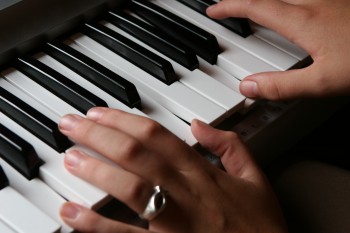Ragtime Piano: Can You Learn To Play It?
Learning To Play Ragtime Piano: What You Need To Know
Ragtime piano music was a popular musical genre during the late part of the 19th century and the beginning of the 20th, especially in the dance halls and saloons in the USA. It has a cheerful, bouncy, and amazingly versatile sound capable of emotional lyricism and a fun type of sophistication. In the 1970’s, it experienced a revival due to the award winning movie The Sting because of an unknown Scott Joplin ragtime song called The Entertainer that became an instant hit.This “ragged time” music also covers other musical styles like jazz, pop, and the blues.
If you would like to learn to play ragtime piano, we have a course for beginners (not beginners at piano – beginners at playing ragtime) at www.PlayPiano.com/Ragtime Click on the link to learn all about it.
Ragtime music’s main characteristics are a duple bass and a syncopated melody; there are some rag tunes that do not fit this exact mold. The hardest part of playing this type of music on the piano is that you are playing three parts; the harmony, the melody, and the bass line. This essentially means that your left hand must pull double duty and play the bass part on the first and third beats of each measure and the harmony on the second and fourth. You can achieve this using only your smallest fingers for the bass part and to use the remaining fingers to play the harmony.
Additionally, when you play ragtime piano, you must the the sustain pedal to make the piece sound smooth. If you don’t, the piece will sound choppy because your left hand is literally bouncing between two parts. The sustain pedal is most useful when pressed during the odd numbered beats and released during the even numbered ones. This will effectively sustain the bass note for two hole beats which will produce the ragtime sound that you are looking for. Read on for additional tips on how to play the piano with that ragtime feel.
1. Get a feel for the music by listening to famous ragtime composer Scott Joplin songs like The Entertainer and Maple Leaf Rag.
2. Practice your left and right handed chording because, unlike a lot of piano music, ragtime uses chording with both hands; sometimes at the same time. You should also practice playing arpeggios with your right hand; learning more chords will make your playing more versatile.
3. Learn one of the most popular chord progressions used in ragtime, the I VI II V; it must be played in cut time or 4/4 time. This means that you must play the first, sixth, second, and fifth chords in a specific key. Play them as seventh chords.
4. In order to really get your hands dirty while learning to play, you must practice the syncopated rhythmic feel that ragtime is all about. Although this type of music is played in 4/4, it has an uptempo rhythm and beats that are a little off the expected beat. This is a feel that must be developed over time and practice, indeed, makes perfect. In time you will be able to give any piece a ragtime feel when you play it.
Learning to play ragtime isn’t necessarily an easy task but it can be done. If you would like to give your music a slight edge and a different feel, then delving into this genre of music is well worth it.
If you would like to learn to play ragtime piano, we have a course for beginners (not beginners at piano – beginners at playing ragtime) at www.PlayPiano.com/Ragtime Click on the link to learn all about it.
___________________________________________________________________________________________



